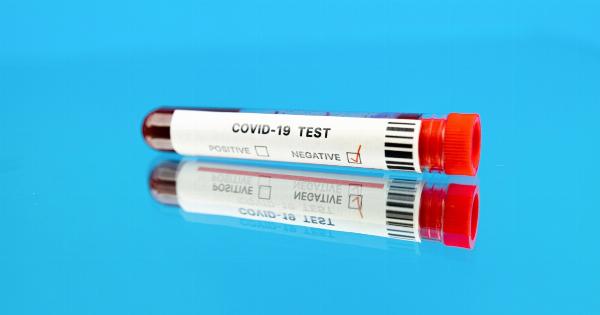Scientists have identified new natural antibodies that show promising results in controlling Middle East Respiratory Syndrome (MERS).
A team of researchers at the Scripps Research Institute and the International AIDS Vaccine Initiative have developed a groundbreaking method for discovering antibodies that could help in the prevention and treatment of different viral diseases.
What is MERS?
MERS is a viral respiratory illness that is caused by a novel coronavirus (MERS-CoV) first identified in Saudi Arabia in 2012. The virus has caused outbreaks in different countries, mainly in the Arabian Peninsula.
MERS symptoms vary from mild to severe, with severe cases resulting in death. MERS-CoV is classified as a zoonotic virus, meaning it is transmitted to humans from infected animals. The antibiotic treatment options for MERS are currently limited.
Discovery of Natural Antibodies for MERS
The research team used a unique approach called single B-cell screening, which allowed them to identify natural antibodies that had the ability to neutralize the MERS-CoV.
The team analyzed blood samples from the survivors of the MERS outbreak in South Korea and Qatar in 2015. They found that the individuals who had survived the virus had developed a robust immune response which resulted in the production of neutralizing antibodies.
The researchers were able to pick out the most potent antibodies that were specific to the MERS-CoV, by conducting a high-throughput screening method.
High-throughput screening is a technique used in drug discovery and biological research that rapidly measures the biological or biochemical activity of a large number of samples. By identifying these antibodies, researchers will be able to develop effective treatments and vaccines for MERS and other viral diseases.
Potential Implications of the Discovery
The discovery of these natural antibodies could potentially lead to the development of effective treatments and vaccines for MERS. The antibodies can be used to create specific antiviral drugs that can prevent or treat the virus.
The breakthrough highlights the importance of natural antibodies, which develop naturally in the human body, and their role in preventing and fighting viral infections.
The discovery of these antibodies could also have other implications for the development of treatments for other viral diseases.
The single B-cell screening method could be used to identify and isolate natural antibodies that are specific to other emerging viral diseases, such as COVID-19 and SARS.
Conclusion
The discovery of natural antibodies that show promising results in controlling MERS is a significant breakthrough in the fight against viral diseases.
The use of single B-cell screening as a research method has allowed the team to identify the most potent antibodies that can lead to the development of effective treatments and vaccines for MERS and other viral diseases. The potential implications of this discovery cannot be overstated, as it could have significant impacts on global public health.





























